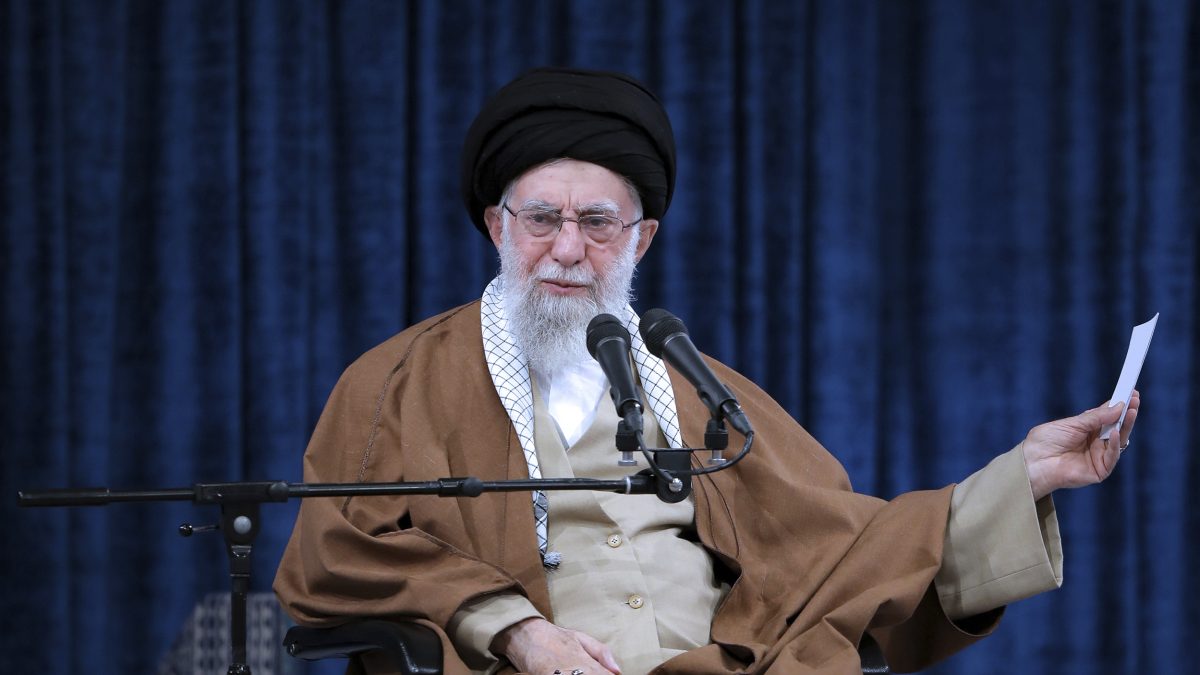Iran was ready to negotiate with the United States but not under the “maximum pressure” strategy of US President Donald Trump, Tehran’s chief diplomat suggested on Saturday.
“The lifting of sanctions requires negotiations, but not within the framework of a ‘maximum pressure’ policy, because it would not be a negotiation but a form of surrender,” said Foreign Minister Abbas Araghchi in a statement published on Telegram.
On Friday, Iran’s supreme leader said that negotiations with America “are not intelligent, wise or honorable” after President Donald Trump floated nuclear talks with Tehran.
Ayatollah Ali Khamenei also suggested that “there should be no negotiations with such a government,” but stopped short of issuing a direct order not to engage with Washington.
Khamenei’s remarks upend months of signals from Tehran to the United States that it wanted to negotiate over its rapidly advancing nuclear program in exchange for the lifting of crushing economic sanctions worth billions of dollars. Following Khamenei’s comments, the Iranian rial sunk to a record low of 872,000 rials to $1 in aftermarket trading.
What happens next remains unclear, particularly as reformist President Masoud Pezeshkian promised as recently as Thursday to enter into a dialogue with the West.
Khamenei’s remarks to air force officers in Tehran appeared to contradict his own earlier remarks in August that opened the door to talks. However, the 85-year-old Khamenei has always been careful with remarks about negotiating with the West. That includes balancing the demands of reformists within the country who want the talks against hard-line elements within Iran’s theocracy, including the paramilitary Revolutionary Guard.
Impact Shorts
More ShortsKhamenei noted that Trump unilaterally withdrew from the earlier nuclear deal under which Iran drastically limited its enrichment of uranium and overall stockpile of the material, in exchange for crushing sanctions being removed.
“The Americans did not uphold their end of the deal,” Khamenei said. “The very person who is in office today tore up the agreement. He said he would, and he did.”
He added: “This is an experience we must learn from. We negotiated, we gave concessions, we compromised— but we did not achieve the results we aimed for. And despite all its flaws, the other side ultimately violated and destroyed the agreement.”
With inputs from agencies.


)

)
)
)
)
)
)
)
)



